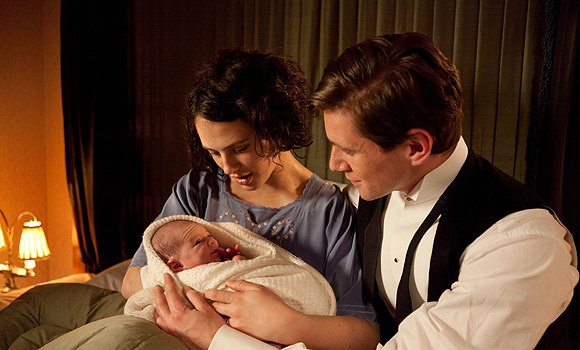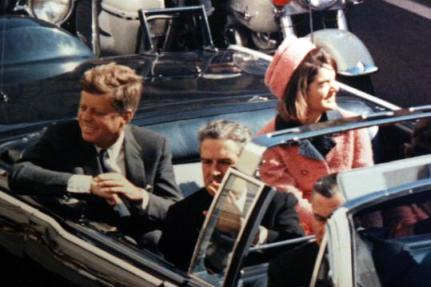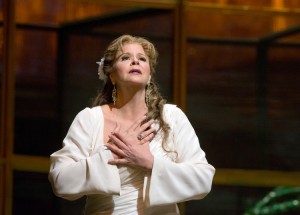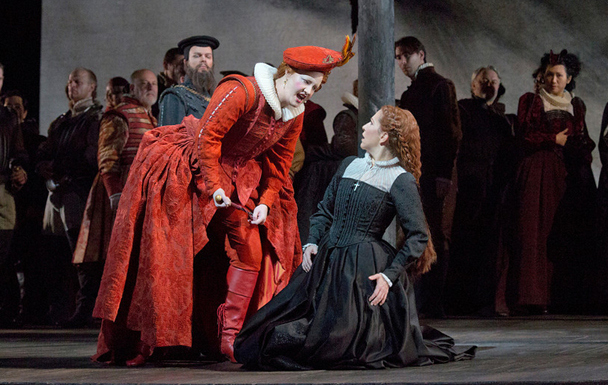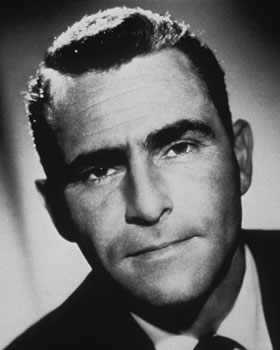It’s jumped the shark.
Not because “Downton Abbey” killed off youngest daughter, Sybil Branson, last night in an eclampsia-induced, postpartum convulsion. And not because the show has been so locked up in drawing rooms this season that when Mary and Matthew were actually outdoors surveying the estate you could almost breathe in the fresh air along with them.
It’s that old soap opera staple that’s done it—character assassination. By the end of last night’s episode there really should have two corpses laid out next to Sybil’s—her father’s and Mary’s.
Lord Grantham’s insistence that Sybil be attended by the prestigious physician, Sir Philip Tapsell, instead of Downton’s old reliable Dr. Clarkson, was the most bizarre turn I’ve seen a TV show take in years. This was beyond weird—it was Guy Woodhouse revisited, refusing to let poor Rosemary, looking like death warmed over, check back with dreamy Dr. Hill (I half expected Robert, in the face of Cora’s outrage, to insist, “But Sir Philip was on Open End!”). What was the point of this? Was Robert attempting to make up for his earlier cold-shouldering of Sybil and Tom by providing this so-called prized expert? Why anoint yourself sole decision maker and be so adamant about it when your other daughters and especially your wife, who actually knows something about labor and childbirth, are screaming at you that you’re wrong?
This ludicrous development was totally at odds with the Robert of Seasons One and Two. Yes, I know he got handy with one of the parlormaids last season, but that was somewhat organic—at least there was foreshadowing. Robert’s idiocy concerning Sybil’s giving birth, though, was totally out of left field. But there’s another problem with this storyline. Sybil’s condition and especially the baby’s small size beg the question of how closely she had been attended by any doctor at all prior to going into labor, especially when she and Tom were still living in Ireland. I suspect there were earlier warning signs that went unheeded while the two of them were on the run, so maybe there will be more finger-pointing to come.
And Mary. Ever since the wedding she’s been acting like she’s got a monumental case of buyer’s remorse. If this is not what’s intended (and you could have fooled me), we need to see some of Season Two Mary and Matthew romance again. Hell, I’d settle for the two of them just enjoying each other’s company without arguing or seeming to be at loggerheads, whether over Robert, the management of the estate or starting a family. I’ve always liked Mary, even with her faults, but Lord, she’s been a pill since the season premiere.
Despite all the illogical twists, this episode was among the best “Downton Abbey” has shown us thus far. The acting was uniformly excellent, even when the plot made no sense. Dame Maggie Smith broke my heart when she arrived at Downton the morning after Sybil’s death, and Michele Dockery and Laura Carmichael made me tear up in their mutual pledge as sisters (though we’ll see how long this lasts). And it was a treat to see Tim Pigott-Smith as Sir Philip—he who played one of the most twisted characters ever to appear in a TV series, namely Ronald Merrick in the superb “The Jewel in the Crown.”
I think it’s fairly simple to see where we’re headed, post-Sybil (I’m not spoiled, so this is just supposition): Tom, new father or not, will go back to Ireland despite the official ban on his return. He’ll promptly be blown up or shot in some IRA action. The baby, who will probably be named Sybil Cora (and baptized in the Catholic Church), will be raised by her grandparents. Only then will Cora relent and let Robert share her bed once more.
Soap opera to the nth degree, but I’m really hoping for better from “Downton Abbey.”

